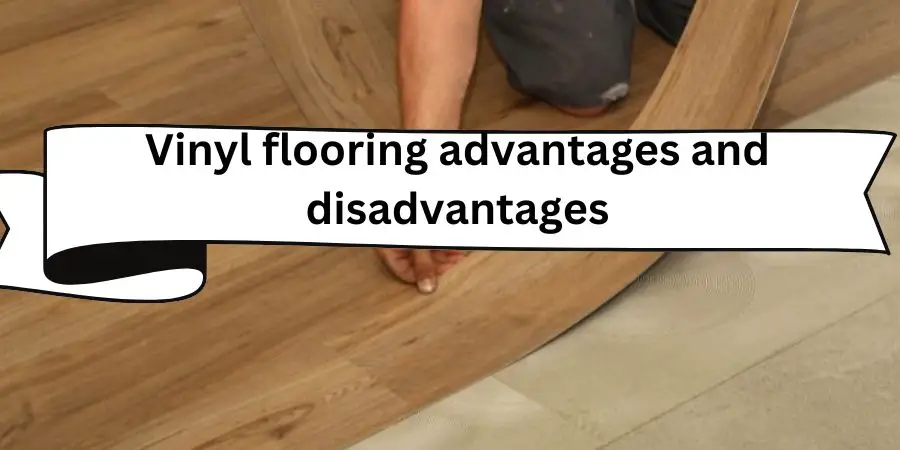.Looking for a cost-effective substitute to stone or hardwood flooring?
Consider vinyl flooring, commonly used in commercial and institutional settings. It offers great design flexibility and customization options. Vinyl flooring is made up of plastic, fiberglass, and PVC layers.
Let’s Learn about its advantages and disadvantages.

Advantages of vinyl flooring
Cost-effective: Vinyl flooring is an economical choice for homeowners who want a budget-friendly flooring option.
Easy installation:
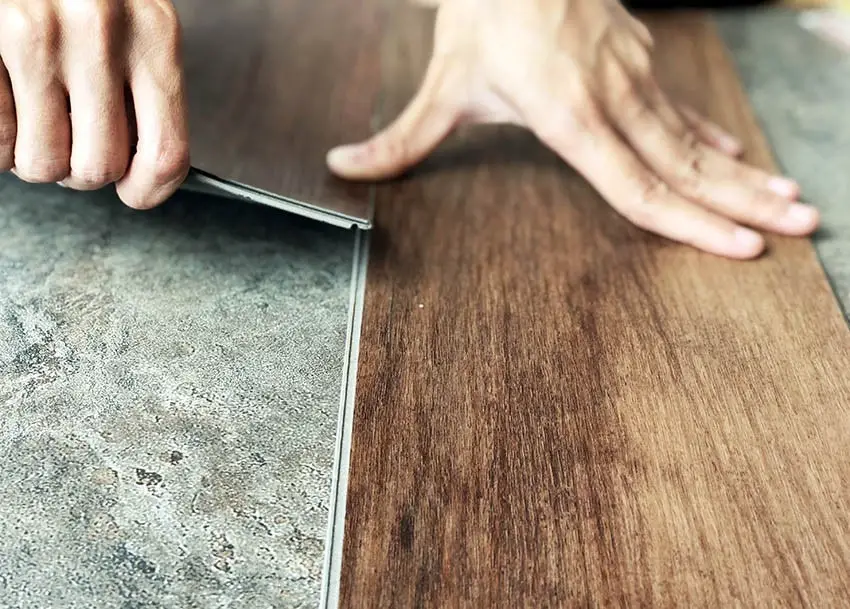
If you’re someone who enjoys doing things yourself, vinyl flooring might be a great option for you! It’s pretty straightforward to install, so you won’t need to hire a professional.
Durability:
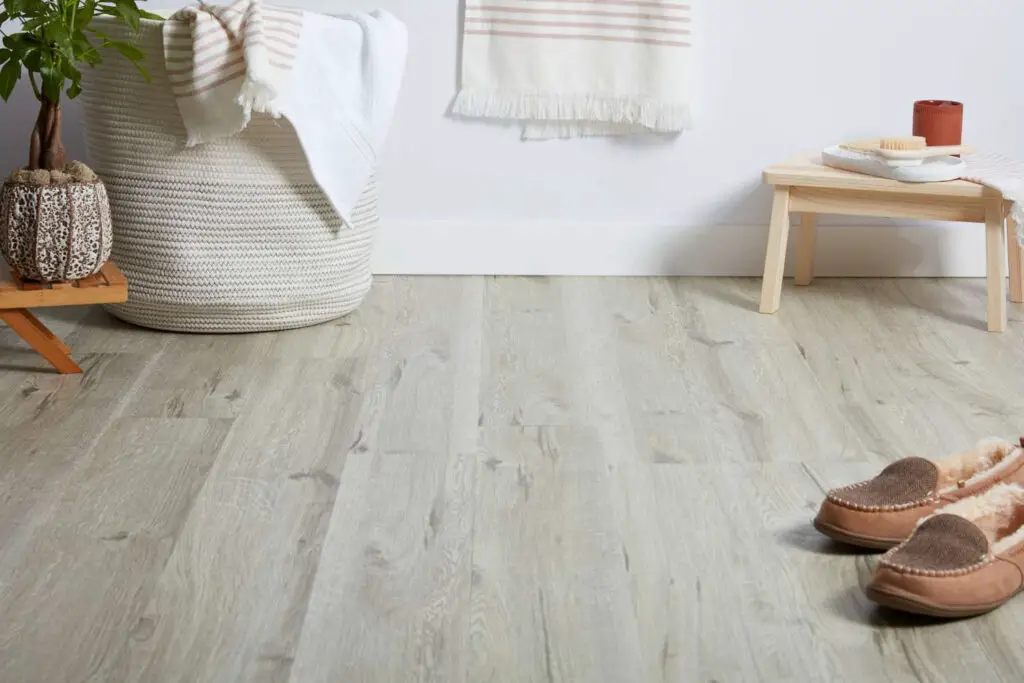
This one of the tough flooring! It can handle lots of people walking on it, things being dragged across it, and spills without showing any damage.
Variety of styles:
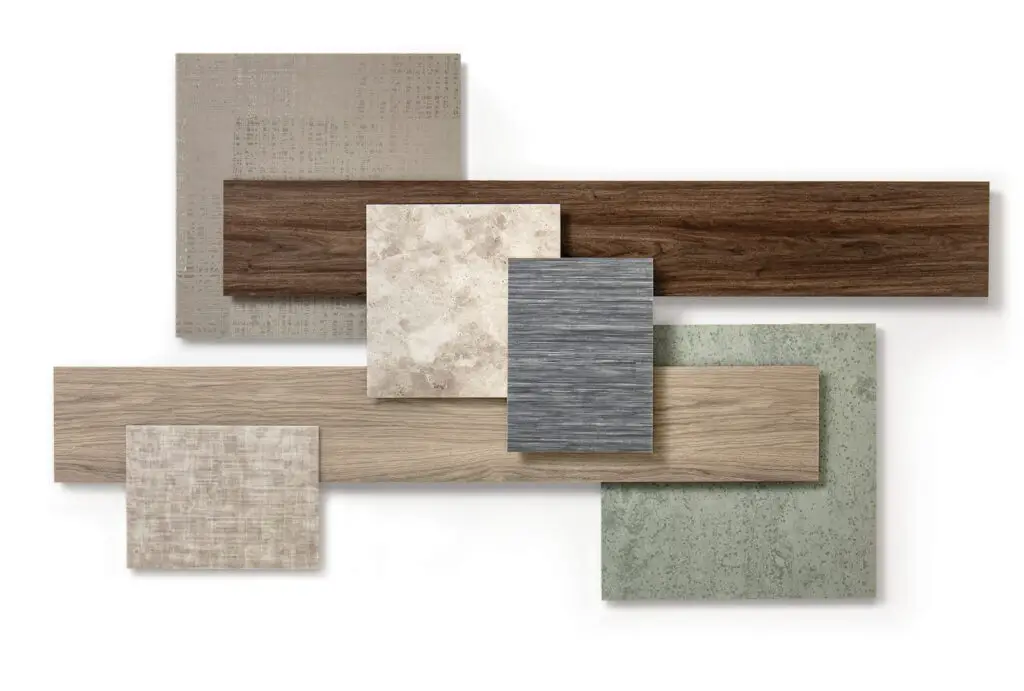
There are many styles and colors of vinyl flooring available, making it easy to find a design that matches your home décor.
Low maintenance:
Taking care of vinyl flooring is a breeze! All you need to do is grab a damp mop or cloth, and you’re good to go.
Water-resistant:

If you’re looking for flooring that can withstand moisture without getting damaged, vinyl is the way to go. It’s perfect for places like bathrooms and kitchens where spills and splashes are common.
Comfortable underfoot:

Vinyl flooring is softer and more cushioned than other hard surface flooring options, making it more comfortable to walk on.
Noise reduction:
Vinyl flooring can help to reduce noise levels, making it a good choice for apartments or multi-story homes.
Hypoallergenic:
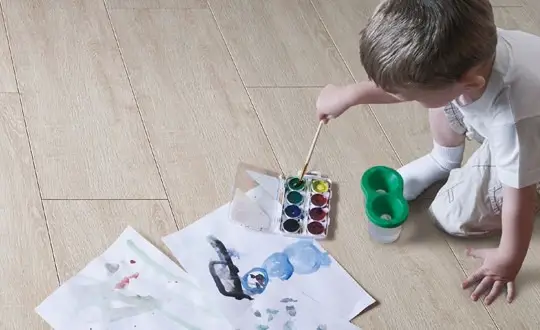
Vinyl flooring is hypoallergenic and does not trap dust, dirt, or pet dander like carpet can.
Eco–friendly options:
Some vinyl flooring options are made from recycled materials, making it a more environmentally friendly choice.
Disadvantages of vinyl flooring.
Not as durable as some other materials:
Vinyl flooring is durable, but it may not last as long as other materials like hardwood or ceramic tile. So, if you’re looking for a long-term investment in your home’s flooring, vinyl might not be the best choice.
Can be difficult to remove:
Once installed, removing vinyl flooring can be tricky and could damage the subfloor underneath. So make sure you’re committed to this type of flooring before installing it.
Prone to fading:
If your vinyl floors are exposed to direct sunlight over time, they may start to fade. This is something to keep in mind when choosing where to install them in your home.
May release VOCs:
Some types of vinyl flooring products may release VOCs into the air which can be harmful to your health. Be sure to research and choose low-VOC options if this is a concern for you.
Limited design options:
While there are many designs available for vinyl flooring, it might not offer the same level of customization as other materials like natural stone or hardwood.
May scratch or dent:
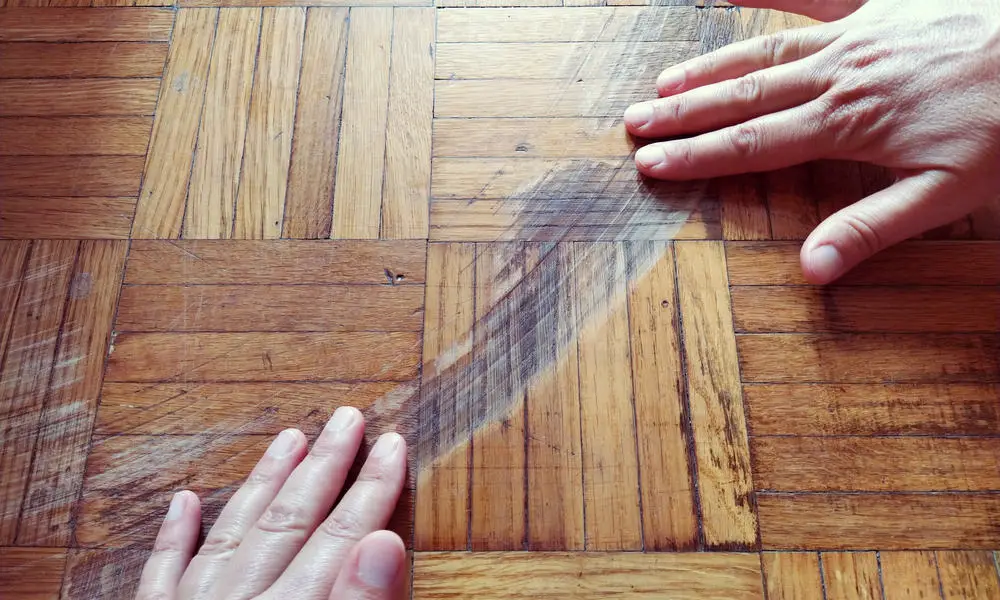
Vinyl floors can scratch or dent easily if heavy objects are dropped on them or furniture is dragged across them. Keep this in mind when deciding what kind of activities will take place on these floors.
Not as valuable as some other materials:
Vinyl flooring might not add as much value to your home compared with other materials such as hardwood or natural stone. If resale value is important to you, consider investing in those instead.
May require frequent cleaning:
Depending on where it’s located within your home and how often it’s used, vinyl floors may require more frequent cleaning than other types of flooring material.
Can be slippery when wet- not for bathrooms

Vinyl flooring can be slippery when wet, which can be a safety hazard. Moreover, water can damage the vinyl.
May require professional installation:

Although relatively easy to install yourself, some homeowners prefer hiring professionals who know how best handle installation so that everything goes smoothly!

